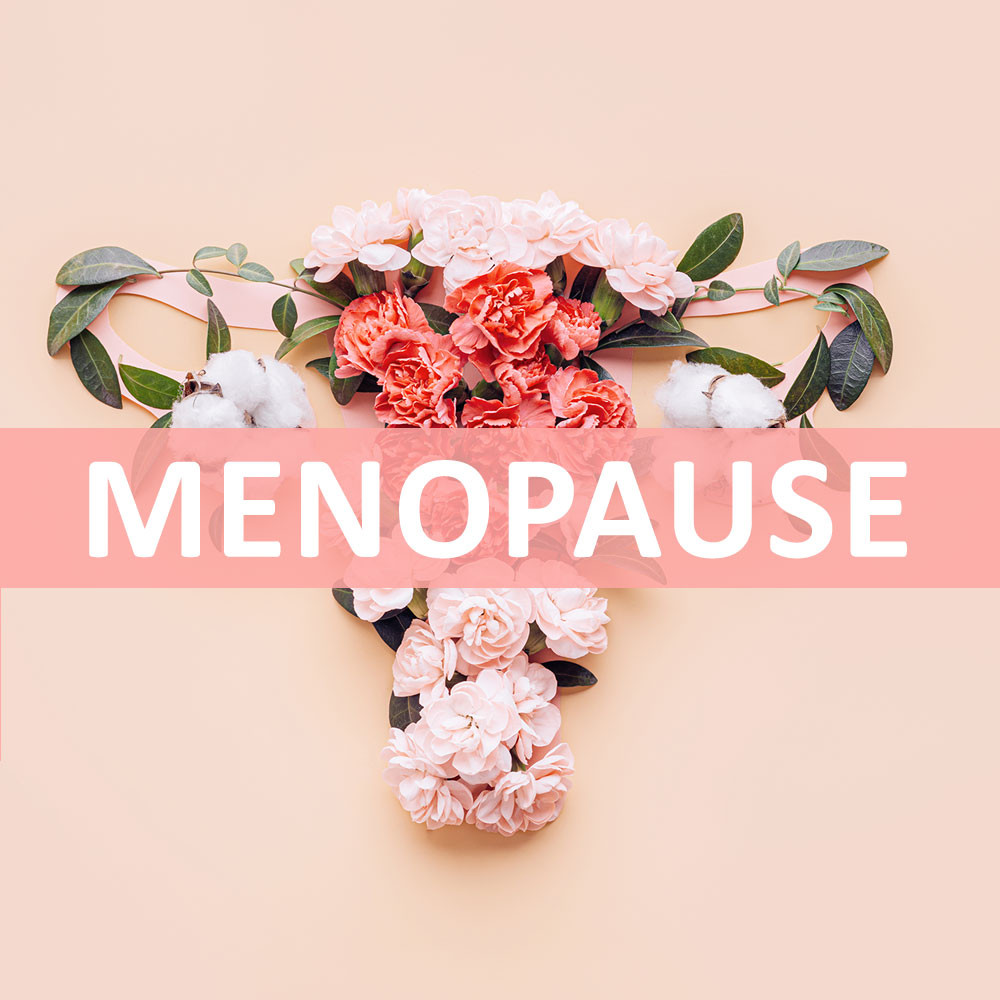Is this Menopause! Perimenopause is the transitional phase leading up to menopause when hormonal fluctuations and changes in the menstrual cycle begin to occur.
Here are some of the common early signs of perimenopause:
- Irregular periods: Menstrual cycles may become shorter or longer, and the flow might be heavier or lighter than usual.
- Changes in menstrual cycle: You might experience skipped periods or have periods that are closer together.
- Hot flashes: Sudden waves of heat and redness that often start in the chest or face and can last for a few minutes. These can be accompanied by sweating and sometimes chills.
- Night sweats: Hot flashes that occur during sleep, leading to excessive sweating and waking up feeling damp.
- Sleep disturbances: Changes in hormones can impact sleep quality, leading to difficulties falling asleep or staying asleep.
- Mood changes: Hormonal fluctuations can cause mood swings, irritability, and mild depressive symptoms.
- Vaginal and urinary changes: You might experience vaginal dryness, discomfort during intercourse, and urinary symptoms like increased frequency or urgency.
- Changes in sexual desire: Some women notice changes in their libido during perimenopause.
- Breast tenderness: Hormonal changes can lead to breast tenderness or fullness.
- Fatigue: Changes in hormone levels can contribute to feelings of tiredness and fatigue.
It’s important to note that perimenopause can start several years before menopause itself.
If you’re experiencing any of these symptoms and you’re in the typical age range for perimenopause (late 30s to early 50s), it’s a good idea to consult a healthcare professional. They can help confirm whether you’re in perimenopause and provide guidance on managing any symptoms you may be experiencing.
Accepting its Menopause
Accepting menopause can be a significant emotional and psychological process. It’s normal to experience a range of feelings as you navigate this life transition. Here are some tips that might help you with accepting and adapting to menopause:
- Educate Yourself: Understanding the biological and hormonal changes that come with menopause can help demystify the process and reduce anxiety. Knowing what to expect can make the transition feel less overwhelming.
- Open Communication: Talk to friends, family, or support groups about your experiences. Sharing your thoughts and feelings with others who are going through or have gone through menopause can provide comfort and a sense of camaraderie.
- Self-Care: Prioritize self-care activities that promote physical and emotional well-being. This can include regular exercise, a balanced diet, meditation, relaxation techniques, and engaging in hobbies you enjoy.
- Medical Guidance: Consult a healthcare professional to discuss your symptoms, concerns, and treatment options. They can provide tailored advice and interventions to manage any discomfort you might be experiencing.
- Positive Mindset: Focus on the positive aspects of this life phase. Many women find relief from menstrual-related symptoms and enjoy a new sense of freedom from birth control concerns.
- Healthy Lifestyle: Maintaining a healthy lifestyle can help ease some menopausal symptoms. This includes staying active, eating a balanced diet rich in fruits, vegetables, and whole grains, and staying hydrated.
- Mindfulness and Relaxation: Practices like mindfulness meditation, deep breathing, and yoga can help reduce stress and anxiety associated with menopause.
- Wardrobe Adjustments: Menopause can bring about changes in body temperature regulation. Dressing in layers and wearing breathable fabrics can help you manage fluctuations in body heat.
- Hormone Replacement Therapy (HRT): For some women, hormone replacement therapy may be a suitable option to manage severe symptoms. Discuss this option with your healthcare provider.
- Embrace the Journey: View menopause as a natural phase of life rather than a negative event. Embrace the wisdom and experience that come with age.
Remember that everyone’s experience with menopause is unique, and it’s okay to take time to adjust to the changes. If you find that your feelings are overwhelming or interfering with your daily life, consider seeking support from a mental health professional who can provide guidance and coping strategies.
If you need help navigating your current stage of life, we are running a Perimenopause / MenoPause online support group: bcsnygroup.com/group-therapy/perimenopause-menopause


